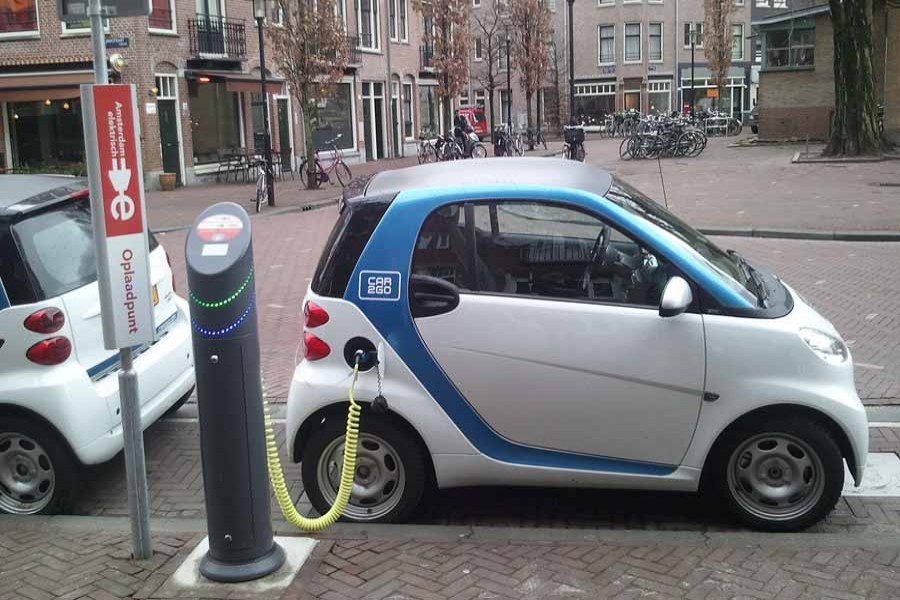While not a deadline, thirteen years from now fundamental change will have cast a stake in the stand. Roughly by that time India and France will have phased out fuel engines in favour of electricity-driven vehicles. Business-wise it makes sense considering India's massive market. France has stated the obvious that England, Japan and the US are also experimenting with. The major car manufacturers will obviously take a call on the economics of it all but as Telstra has shown, tomorrow is already here. The energy requirement, thus, becomes a bigger headache.
Europe wants to head to a non-nuclear, renewable energy regime, US, India and China still want to use up their coal resources and the middle-east has begun investing in liquefied natural gas (LNG). It is the developing world, such as Bangladesh that's caught in between. Basic electricity requirements are far from being met and the vicious cycle of costs of quicker energy is beginning to bite hard. India has its own issues in terms of uninterrupted electric supply and tastes clamouring over how to share water and thus electricity. A few years ago, the Bangladesh government banned three-wheelers that were battery-powered and electricity-charged. No one heeded the ban and the noiseless vehicles brought about a revolution in a similar powered rickshaw.
Europe has led the way as far as environmental concerns are involved. From printed information on plane tickets about CO2 emissions, working out the emission benefits of travelling by bus rather than car to segregation of waste and garbage for recycling. The Nordic countries are almost at the level where their recycling requirements have been net and they have more garbage to spare. Compare that with a Donald Trump-led US caught between a rock and a hard place and China and India blowing hot and cold. Bangladesh is heading for its first nuclear plant with a second also on the cards.
Introduction of compressed natural gas (CNG) for converting the auto-rickshaws certainly made Dhaka air breathable again, unlike that of Delhi where the administration still hasn't worked out what to do. African countries are keeping all options open, solar, wind and even micro-hydro power suggesting even smaller water bodies will be up for consideration. Another option is cross-border cooperation by which Senegal will assist The Gambia in solar power, especially in the rural, waterbody areas.
With options limited due to the price-tab, Bangladesh has until now, flirted with solar energy making it a mockery. Wind power never took off for mysterious reasons. That's where the young innovators and entrepreneurs duly briefed and empowered can be tasked to come up with frugal means of such power generation.
The future can be planned, but what about the damage already done? Bangladesh will disappear under water unless appropriate measures are in place. For climate change redress also funds are imperative but when the most powerful walks out of the agreement, one can't blame knees for knocking.
[email protected]

- Saturday, 23 November 2024 |
- Today's FE |
- e-Paper |
- Beta Website

